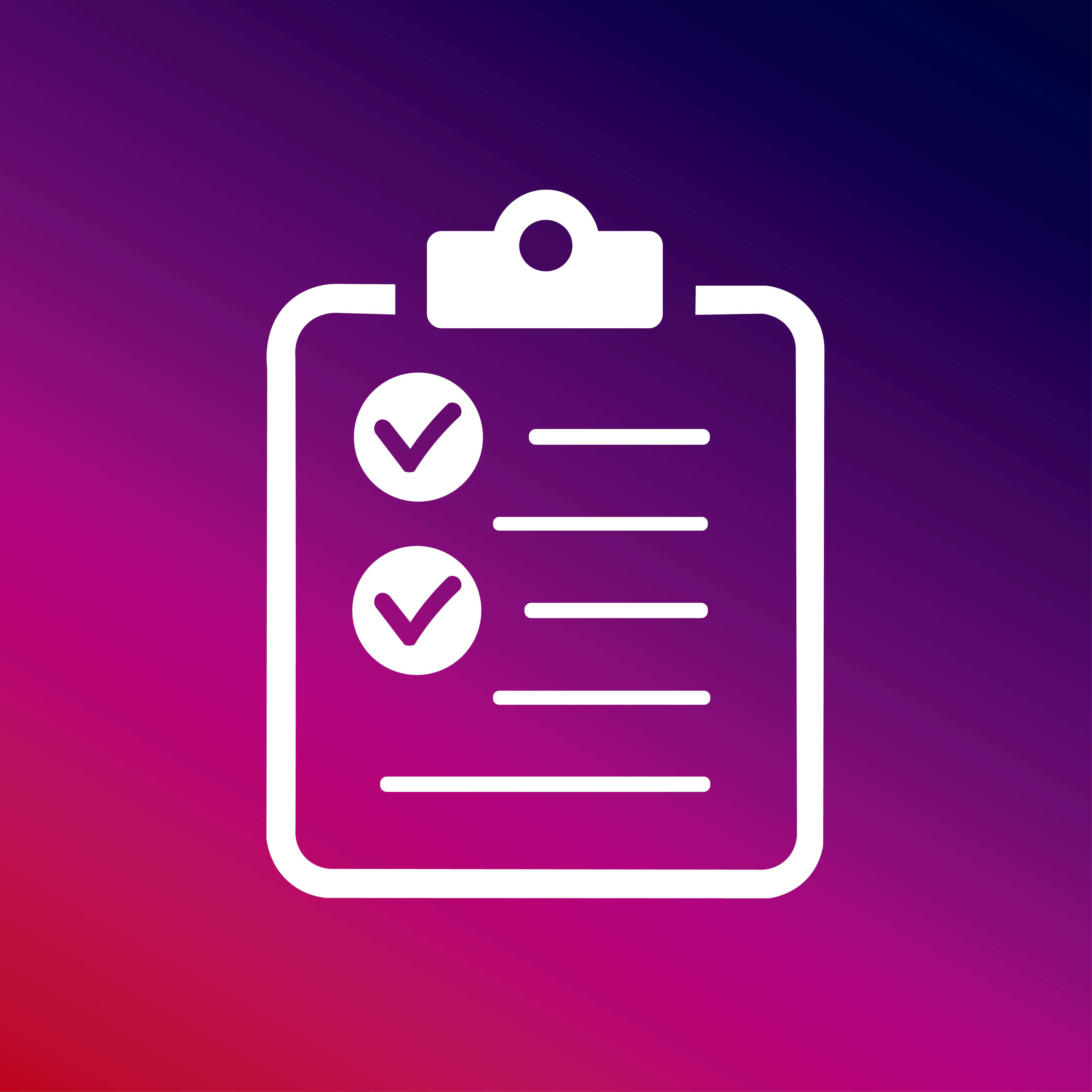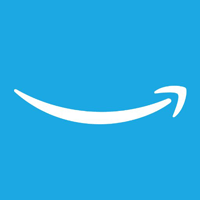3 Tips for Navigating the Website Development Bidding Process

By Roy Chomko, Adage Technologies
When a business approaches a development firm looking for a new website or mobile application, the first thing they typically want to know is the end cost. But, providing a fixed price is more challenging than one might think. Even with similar technology and end-goals, no two projects are exactly alike. There are always unforeseen challenges and bugs that must be accounted for.
That's why demanding a fixed price right off the bat often leads to broken sites, apps and client relationships. For this reason, it's important for clients and their development partners to find the right balance, a place that gives company leaders a clear enough budget that they can report back to their executives and developers the freedom to execute the project in the most effective way.
Here are three tips for navigating the bidding process for your next Web development project:

1. Ask questions about the products and the process
What firms have built and how well their solutions function is important. But how they gather information on needs, desires and goals is just as, if not more important. Before jumping into the development process or even asking for a bid, take the time to understand how their business works. It's just as important for you to understand their operations as they do yours. For starters, look at how they prepare for a major redesign. Do they simply ask a few quick questions via email then look at the client's existing site and get to work? If so, don't waste any more of your time. You want a firm that's willing to spend time getting to know your firm and what it needs before starting the design process.
Also, be sure to ask about their process for dealing with ongoing updates, fixes, etc. Every website will change over time. Some firms charge hourly for ongoing maintenance, include it in their retainer or set up a content management tool that makes it easy, fast, and free to update any text, upload images, and add new pages. Having small alterations like uploading a new employee's profile or blog post done regularly can quickly and unknowingly add hundreds or even thousands of dollars to your project.
2. Don't leave out details
The more detailed organizations are about their needs, desires and both short- and long-term goals, the more accurate and telling the bid from various development vendors will be. As the customer, it is essential that you clearly present your overall business objectives, as well as the specific goals of the development project upfront. That way the selected development firms can put together an accurate proposal that aligns with both your objectives and budget. Leaving details out will only leave the development team guessing what features you'd like included in your new website and chances are they'll end up presenting a proposal well beyond your budget and the scope of work you were actually looking to have done.
Remember - the more detail the better!
3. Focus on long-term goals
Instead of getting stuck on specific functionality, design aesthetics or even a set cost, place emphasis and energy in establishing what you ultimately want to achieve at the end of the Web development project. If you're looking to save money, generate ecommerce dollars, ease the workload for team processes or achieve some other important business-related goal, relay that information to vendors putting together bids. They might surprise you with a solution you didn't even think of that's at a price within your budget.
Ease up on the notion of a fixed bid, but don't eliminate the goal of mitigating financial risk. Invest a relatively small amount of time in building a clickable prototype, narrow down what you want the project to accomplish and you'll save yourself time, money and headaches with a solid foundation. At the end of the day, the initial bid and overall proposal process sets the tone for the overall project and client-agency relationship.
Roy Chomko co-founded Adage Technologies in 2001, combining a passion for technology and the desire to build a company focused on driving business value through Web technology. As president, Roy's energy and customer centric approach have helped to grow Adage to a well-respected Web and software development firm.









